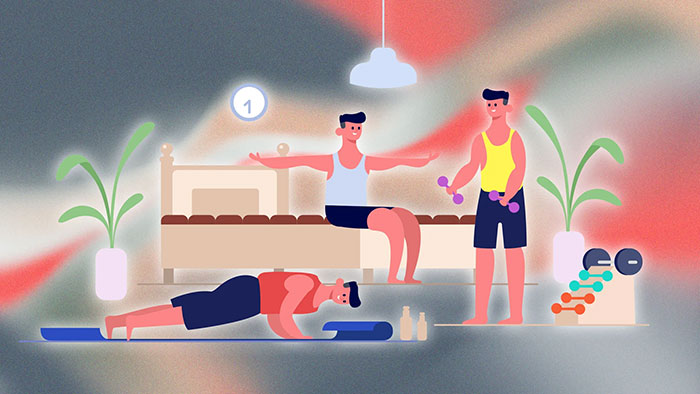Work Needs New Ethics
US employee engagement hit a decade-low 31% last year, with nearly 60% on the brink of quitting due to mental health struggles, and 61% feeling no one at work cares about them. Stuck in a toxic cycle, 83% are constantly stressed by work, but AI-fueled job insecurity and layoffs are making people scared to take time off. Not unfounded, research suggests employees who set restorative […]
Read More




